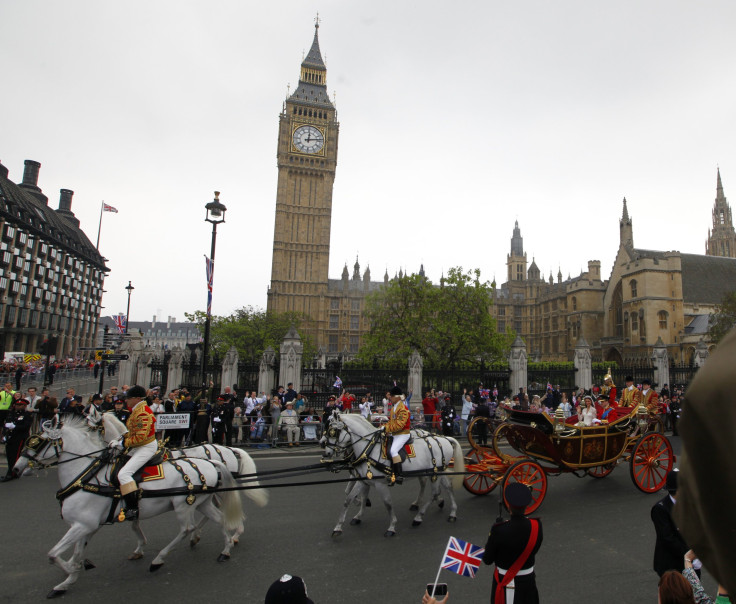UK Economy: Industrial Production Falls In January, Fans Triple-Dip Recession Fears

U.K. industrial production unexpectedly fell in January to a near 21-year low as factory output slumped at the fastest pace since June, heightening the risk that the economy will enter its third recession in five years.
The figures come a week ahead of Chancellor George Osborne’s annual budget statement on March 20, and will put even more pressure on him to unveil measures to pull the economy out of its rut.
The Office for National Statistics on Tuesday said industrial production fell 1.2 percent in January from December and dropped 2.9 percent on an annual basis. Economists had forecast industrial production would increase 0.1 percent on the month and fall 1.2 percent on the year.
Utterly depressing... UK industrial production down to lowest since May 1992 according to ONS data via Ecowin twitpic.com/captal
— Chris Williamson (@WilliamsonChris) March 12, 2013
Industrial production was pulled down in January by a 1.5 percent month-on-month slump in manufacturing output. This reversed the December rebound and left manufacturing output down 3 percent year-on-year and by 0.8 percent on a three-month to three-month basis.
”The manufacturing figures are awful,” IHS Global Insight economist Howard Archer said in a note to clients.
Domestic demand for manufactured goods is handicapped by current muted investment intentions and tightening public spending, according to Archer. Meanwhile, consumers’ purchasing power has come under renewed pressure from a rise in inflation since September.
The only relief -- at least for British manufacturers -- is the sterling’s sharp recent retreat because it should boost their competitiveness both in foreign and domestic markets, and the benefit of this will be magnified if global growth picks up gradually as 2013 progresses. On the flip side, however, the pound’s weakness could also significantly lift manufacturers’ costs for imported materials and parts.
The pound has recently traded at a 31-month low against the dollar, a 16-month low against the euro and a 20-month low on its trade-weighted index.
Also contributing to January’s fall in industrial production was a 4.3 percent drop in oil and gas extraction as the Schiehallion oil platform in the North Sea, which is operated by BP PLC, suspended production. This accounted for 0.6 percentage points of the drop in overall production. However, the ONS expects this platform to be closed for four to five years, indicating that production will not rebound in February.
The only good news was a 1.2 percent month-on-month increase in utilities output, which would have been lifted by the colder weather.
Samuel Tombs, U.K. economist at Capital Economics, said: "January's figures do little to ease fears that gross domestic product may still be contracting and that the economy could therefore be in a triple-dip recession."
The British economy shrank in the fourth quarter, and the Bank of England has forecast that growth will remain “weak” in the near term.
Another drop in GDP this quarter would put the economy in recession, defined as two consecutive quarters of negative quarterly GDP.
Meanwhile, the shrinking of the overall trade deficit from £2.8 billion ($4.16 billion) in December to £2.4 billion was not nearly as encouraging as it seemed. The fall entirely reflected an improvement in the trade in oil deficit, which is volatile from month to month. The trade in goods deficit excluding oil actually widened by £1 billion to £7.8 billion.
“It looks to be ever more a question of what further action will the Bank of England take to try and help the economy, rather than will they act,” Archer said.
He expects the Bank of England to deliver one £25 billion portion of Quantitative Easing in the second quarter with another £25 billion portion occurring shortly after Mark Carney takes over as Bank of England Governor in July.
© Copyright IBTimes 2024. All rights reserved.






















